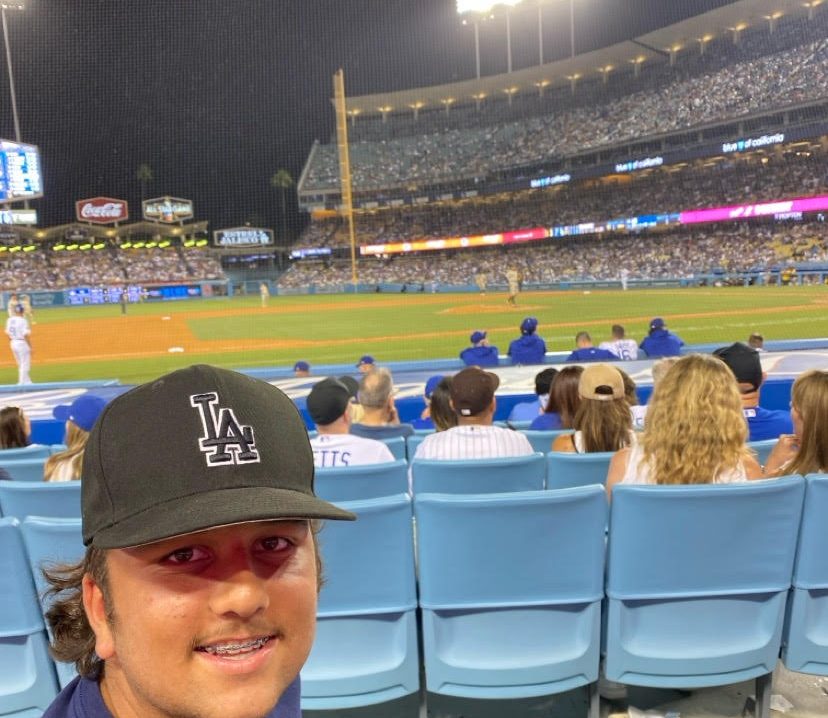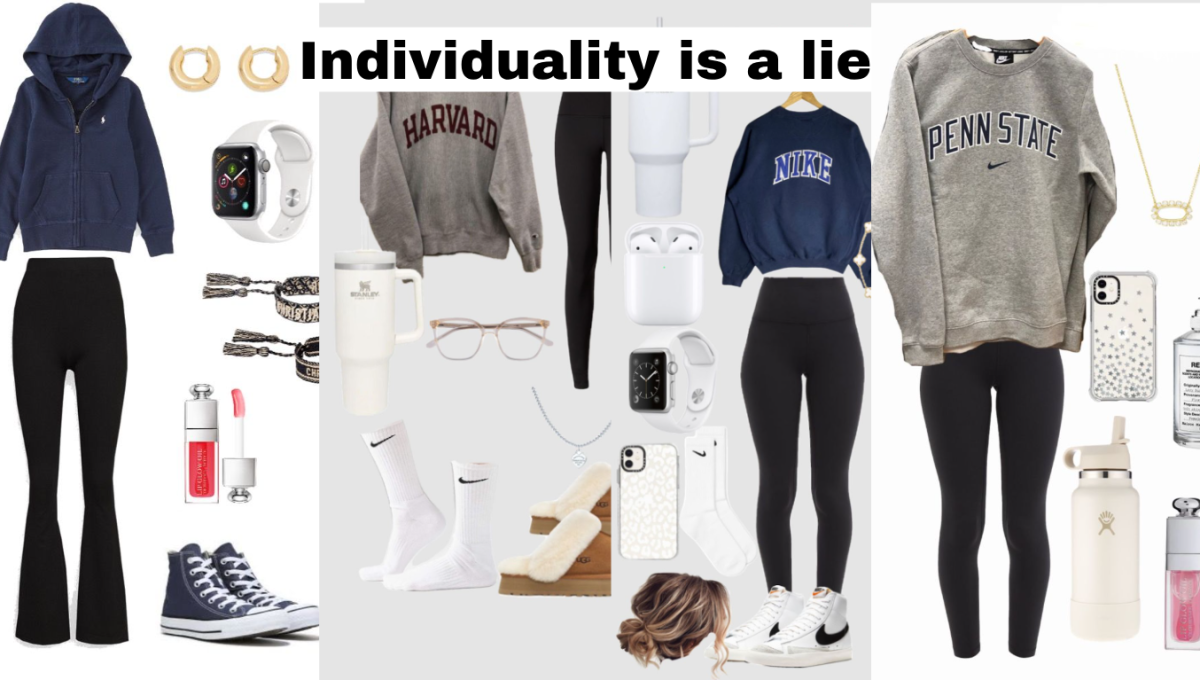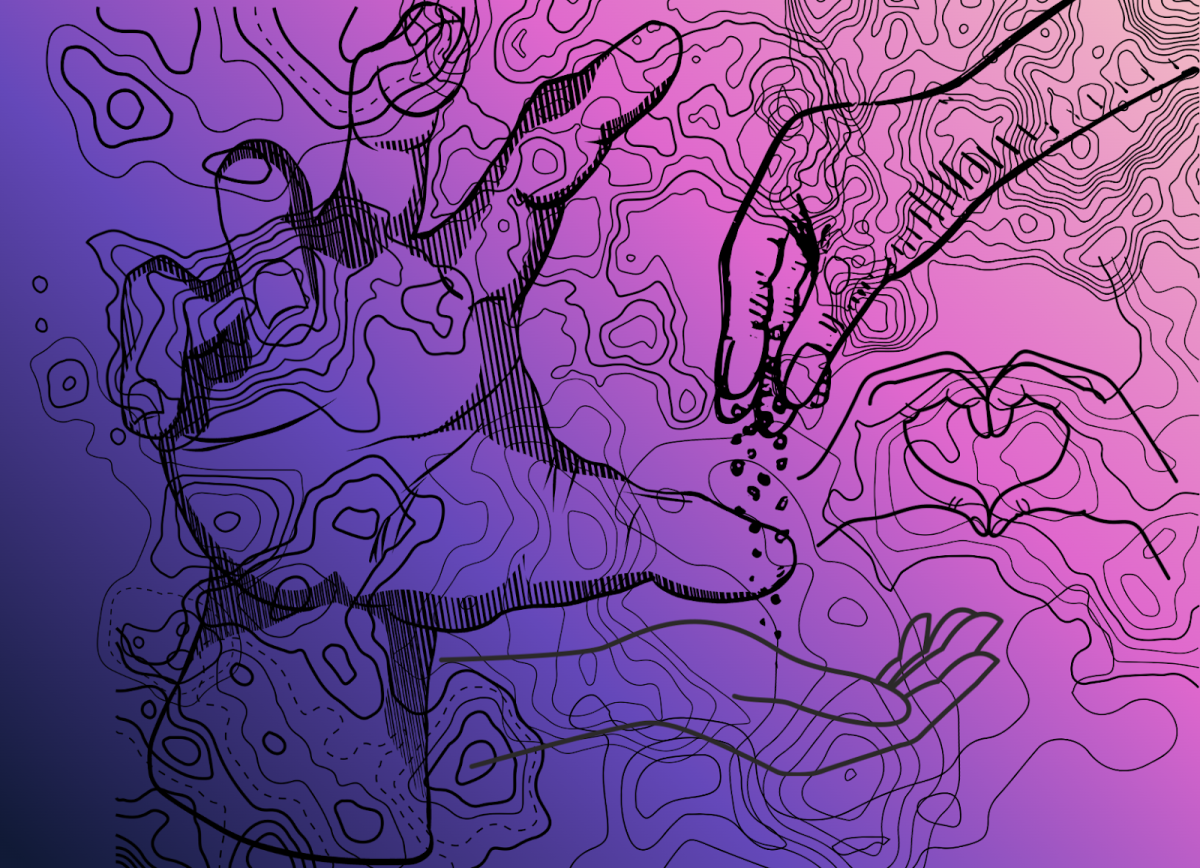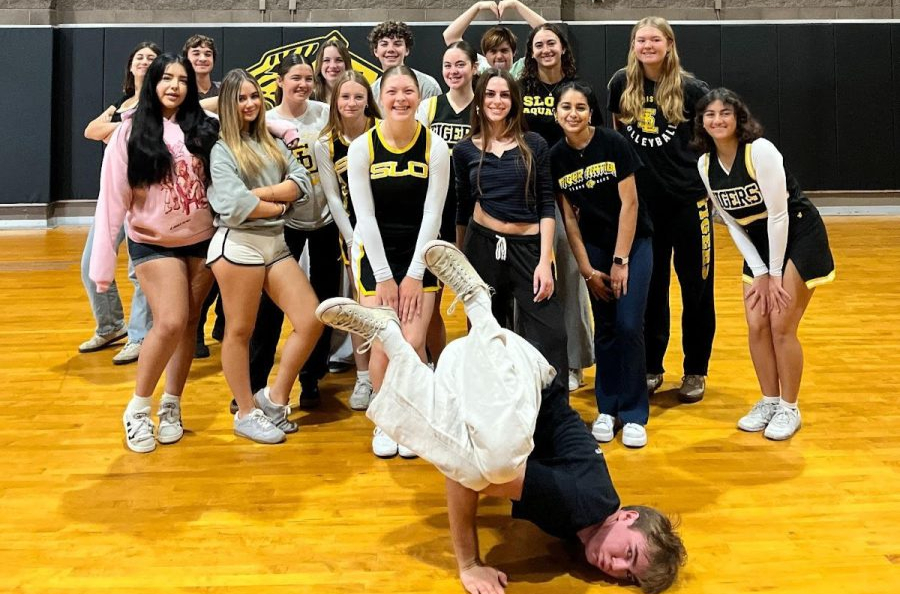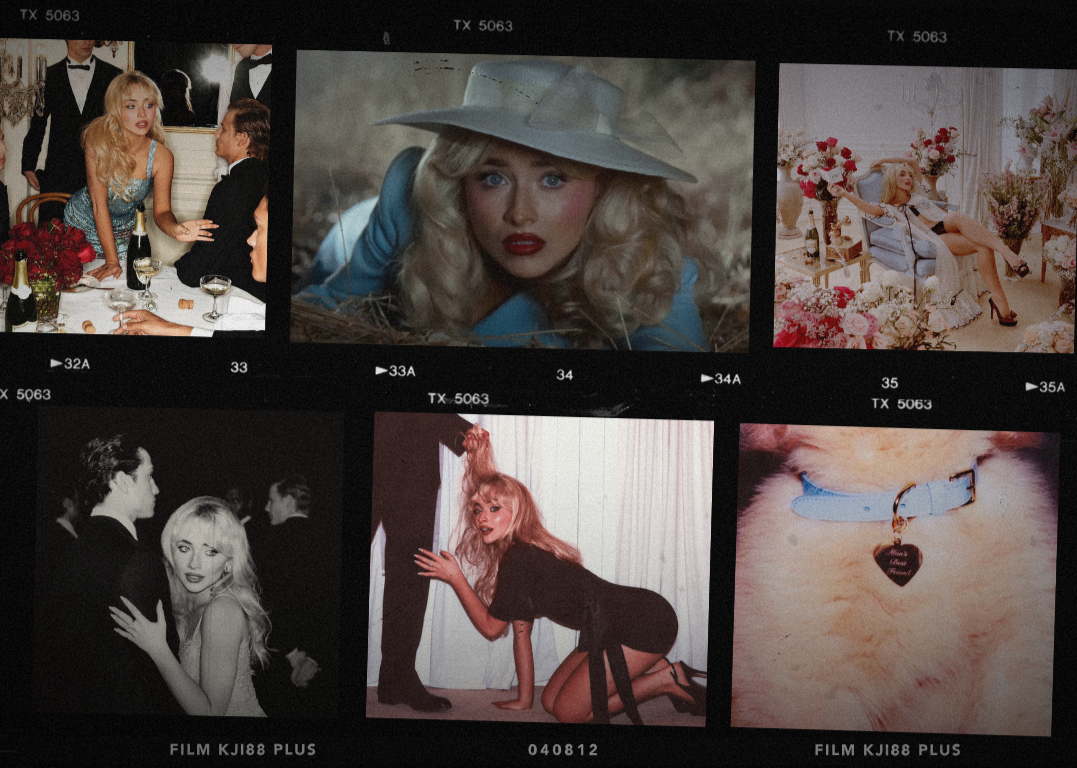Photo Illustration by junior Linnaea Marks
Most female students at San Luis Obispo High School planning on cutting their hair have probably heard someone utter the dreaded phrase:
“Boys don’t like short hair.”
This along with so many more features – large eyes, small nose, narrow jaw, big lips, and a high pitch voice – society determines as ‘desirable’ and perpetuates these ideas to people, making a small group of us conventionally attractive and the rest flawed, bound to spend the rest of our lives aspiring to look like Bella Hadid.
These generalizations on what certain genders do or don’t find attractive are detrimental to a person’s psyche, and the fact is, they impact women more than men.
Sophomore Lindsay Smith explained how these standards “force feed” beauty and warp men’s idea of what’s attractive. “Basically from birth they are told what is beautiful and that will skew what they believe to be attractive. they will be forced to believe that that is the standard of beauty and if a woman is not that she is unattractive,” said Smith.
She continued by adding how that affects women’s perception of themselves. “We are shown skinny white women with small noses, full lips, long straight hair, and light eyes, and that is so harmful because barely anyone looks like that. The society we live in thrives off of young insecure women trying to make themselves more attractive to society’s own unreachable standards.”
Junior Jaspawan Kaur addressed how women of color are affected more severely by these beauty standards. Black women and “many women from Asia and the Middle East as well are affected by these standards because they want perfect round eyes and small, slim noses,” said Kaur.
On the other hand, junior Mackenzie Nyugen optimistically pointed out that society is becoming progressively more inclusive with beauty norms. “In the past, I can see how these expectations have discriminated against women of color. Society’s beauty standards have been very cookie cutter, but I believe that as time goes by, we move away from those unreasonable comparisons,” said Nyugen.
Although inclusivity and representation is becoming more prevalent in today’s society, we cannot deny that girls and women continue to compare themselves to an exclusive group of popstars, models, and influencers that perpetuate stereotypes and create generalizations regarding what people find attractive.
These expectations ingrained in women’s brains from a young age cause irreversible damage to our confidence and overall mental health.
We need to stop idolizing one specific group of women and focus on individuality as something beautiful instead of conformity.

